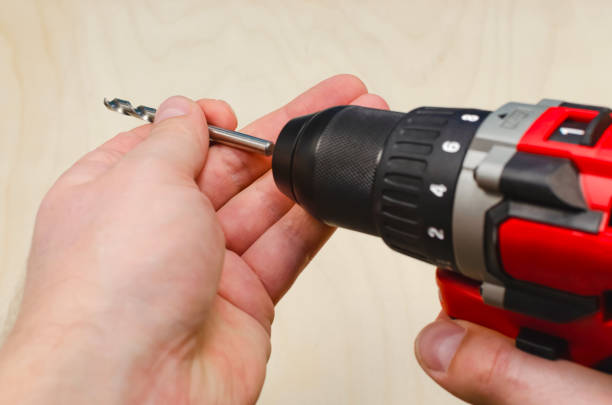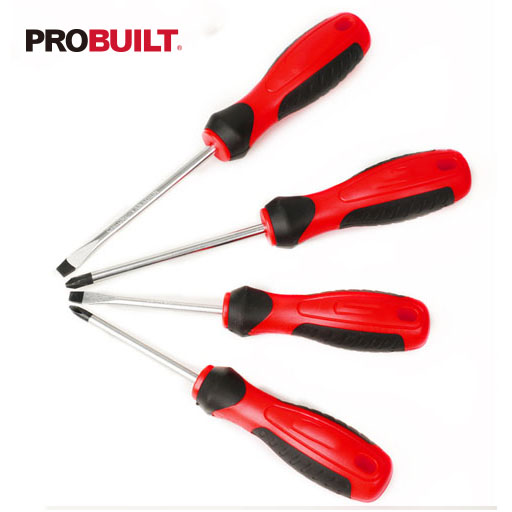+86 311 8533 5186
In the world of fastening tools, the choice between an electric screwdriver and a manual screwdriver is a crucial decision that impacts efficiency, precision, and overall user experience. Let's explore the characteristics of both and provide insights on how to make an informed choice based on your specific needs.

Efficiency: Electric screwdrivers are known for their speed and efficiency, making them ideal for large projects or tasks that involve numerous fastenings.
Powerful Torque: These tools often deliver high torque, making them suitable for driving screws into tough materials effortlessly.
Versatility: Some electric screwdrivers come with adjustable torque settings, providing versatility for various applications.
Power Dependency: Electric screwdrivers rely on power sources, and their usage may be limited by battery life or the availability of electrical outlets.
Initial Cost: They can have a higher upfront cost compared to manual screwdrivers.

Precision: Manual screwdrivers offer excellent control and precision, making them ideal for delicate tasks and applications that require a gentle touch.
Portability: With no need for a power source, manual screwdrivers are portable and can be used in various locations without constraints.
Simplicity: They are straightforward to use and require minimal maintenance.
Labor-Intensive: For large projects, manual screwdrivers can be labor-intensive and time-consuming.
Limited Torque: They may not provide the high torque needed for certain heavy-duty applications.
1.Project Scale:
Large Projects: Consider electric screwdrivers for efficiency in large-scale projects.
Small or Precise Tasks: Opt for manual screwdrivers when precision is paramount.
2.Power Source:
Versatility: If you need a tool that can be used anywhere, a manual screwdriver may be more suitable.
Consistent Power: For continuous and powerful performance, an electric screwdriver may be preferable.
3.Budget and Maintenance:
Initial Investment: Assess your budget and consider the initial cost of the tool.
Maintenance: Evaluate the long-term costs and maintenance requirements of each option.
4.Task Complexity:
Heavy-Duty Tasks: Choose an electric screwdriver for tasks that demand high torque and speed.
Delicate Work: Opt for a manual screwdriver when finesse and precision are critical.
In conclusion, the choice between an electric screwdriver and a manual screwdriver depends on the nature of your projects, the level of precision required, and your budget constraints. Understanding the advantages and considerations of each tool will empower you to make an informed decision that aligns with your specific needs. Whether it's the efficiency of an electric screwdriver or the precision of a manual one, the right tool enhances your workmanship and ensures successful project completion.

Copyright © Sinotools Industrial All Rights Reserved.. Technical Support: